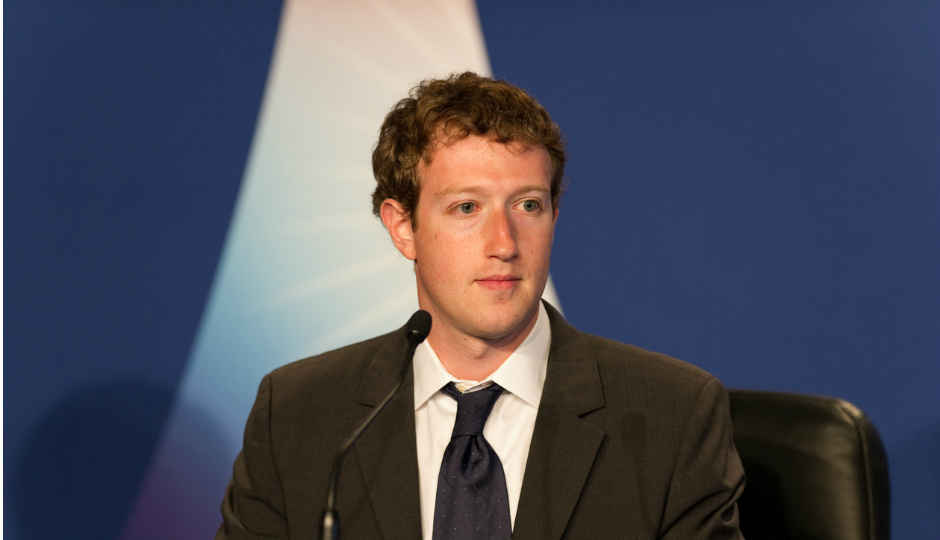Facebook reportedly sharing personal user data that enables companies to guess your creditworthiness, target ads

Facebook reportedly sharing user information of users with more than 100 network carriers in more than 50 different countries around the world.
The data is said to be used to screen customers for creditworthiness.
In another report, Facebook’s former security chief says Mark Zuckerberg should hire a new CEO.
Facebook has been stressing on privacy and that it wants to become a privacy-centric company. However, it seems that the company is not learning from its past mistakes. The Intercept claims that it has obtained a confidential Facebook document, which is said to detail how the company shares surveillance data of its users like their locations, interests and social groups. Facebook reportedly obtains this data from users’ smartphones and provides it to network carriers and phone makers. In a separate development, the company’s former security chief, Alex Stamos, says that Facebook’s CEO Mark Zuckerberg has too much power and he should give up the position for someone else. CNBC reports that Stamos, at the Collision Conference in Toronto, said, “He should hire a CEO that can help signal both internally and externally that the culture has to change.”
The Intercept report states that data shared by Facebook with network operators and phone makers is sourced from its own apps on Android and iOS. Along with the main Facebook app, Instagram and Messenger are also said to be used to gather sensitive user data. “Some experts are particularly alarmed that Facebook has marketed the use of the information — and appears to have helped directly facilitate its use, along with other Facebook data — for the purpose of screening customers on the basis of likely creditworthiness. Such use could potentially run afoul of federal law, which tightly governs credit assessments,” the report states.
Facebook’s ‘Actionable Insights’ corporate data-sharing program is said to enable the collection of such extensive user data. As per the report, this feature is said to help corporations use people’s personal data to buy more earmarked advertising. Additionally, the Facebook app is said to capture and send user data in eight different categories, which is employed by over 100 different telecom companies in more than 50 different countries around the world. This apparently includes usage data from the phones of children as young as 13.
As for the categories Facebook is said to be collecting data on, they reportedly include use of video, Wi-Fi and cellular networks, demographics, location, personal interests, device information, and friend homophily, which means friendship. If this is true, the company is not only providing behavioural data of its users to carriers but also of their friends. While this collection of data is said to be anonymised, but as The Intercept notes, there are reports suggesting how random data can be pieced back to make sense. A Facebook spokesperson told The Intercept that Actionable Insights collects the same amount of data that would be collected anyway and as for the demographic location data they “didn’t think it goes more specific than zip code.”
Coming to Facebook’s former Security Chief’s comment on Mark Zuckerberg, Stamos suggests that Zuckerberg should look for a new CEO. He also suggests Microsoft President, Brad Smith as the candidate for the position and Zuckerberg should focus on being the product head of the company, a role which he took over in March since the company’s Chief Product Officer Chris Cox left the firm.
In yet another development, Consumer Reports says that Facebook users can still not opt-out of facial recognition. This comes about 18 months after the option was first announced. Consumer Reports says it examined the 31 Facebook accounts across the U.S. “This was a small, qualitative study, and we don’t know exactly how many people are missing the setting. But, we can infer that many Facebook users may be affected,” says Bobby Richter from Consumer Reports. The Face Recognition setting was apparently missing from eight of the 31 observed accounts.




